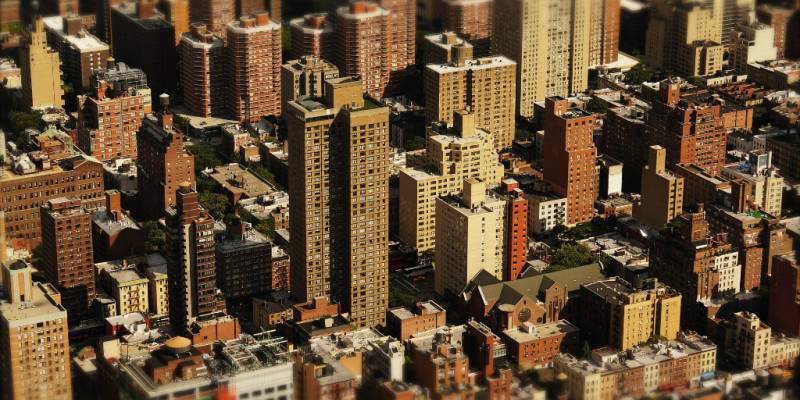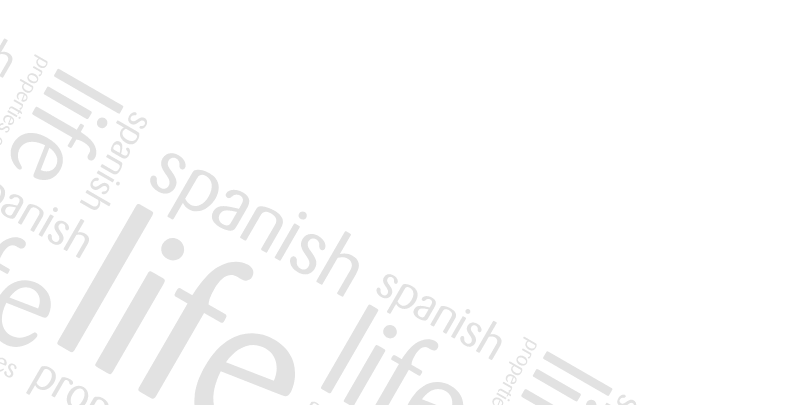
Everything You Should Know About The Community of Owners
Once you buy a property in Spain, if the property is part of a development, you will become a member of a “Community of Owners”. A community of owners in Spain is composed of all the owners of properties within the same development. This is a thing that you cannot avoid. If your property is part of a community, then membership is compulsory by law. And the law is applicable whether you are resident or not.

We should start from the beginning... :-)
What a “Community of Owners” is
One of the main duties of a community of owners is to regulate and manage the maintenance of the common areas. For example, common areas like stair cases, lifts, garden areas, private roads, swimming pools... From a legal point of view, the community of owners is collectively composed of all the owners but retains most of the characteristics of an independent juridical entity. Therefore, the neighbors of the same community can hire services from companies for the community of owners.
In order to ensure the maintenance of the common areas you will be required to pay community charges. They are the payments made by each household to comply with the budget. These charges can be paid monthly, bi-monthly or even quarterly depending on the community rules.
Here is a tip to finish with this part:
"Before purchasing a property, find out how much community charge you will have to pay and make sure that the seller is up-to-date with the community payments"
Regulation and other documents you must know
The property owners’ communities are regulated by the Commonhold Act (Ley de Propiedad Horizontal) which determines how these associations should be managed and how to solve conflictive situations between the residents themselves. This law establishes democratic governing processes and at the same time sets the limits for protecting the rights of individual owners towards the community. It is good to take a look at it so here you can find an English translation. However, you must consider that only the Spanish version has any legal value.
Apart from the Commonhold Act, the owner’s community can establish additional statutes and rules for the community. It is highly recommended that, before buying a property on a development, you read a copy of the Community Statutes as well as the Community rules, if they exist. Some communities forbid pets or playing music, others are strict about satellite dishes, children’s games or the use of the pool in the Summer. Try to avoid unpleasant surprises.
Community of Owners’ Organization
In theory, Communities of Owners should be run like small tidy democracies. The Community has to celebrate an Annual General Meeting at least where neighbours meet and vote on any issues affecting the upkeep of the urbanisations, as well as any other more controversial problems which may arise between neighbours. In practice, things are usually more complicated.
During the meetings all decisions are made by votes from the attendants. One of the main aspects that the owners have to decide is the designation of the representatives of the community complying with the criteria for choosing them (election, rotation…). The representatives are the chairman, secretaries and administrator. It is important to attend the Annual General Meeting if you own a property in Spain, because some relevant aspects such as deciding budgets managing problems which have occurred during the previous period are discussed. Maybe some of this things can affect you or your property in some ways.
If you cannot attend this meeting, you can delegate your votes to other members of the community or another person. If you cannot be in Spain for the meeting it is recommendable to delegate your vote to a person you can trust, for example your property lawyer.








 Join our newsletter
Join our newsletter Download our Free guide
Download our Free guide






